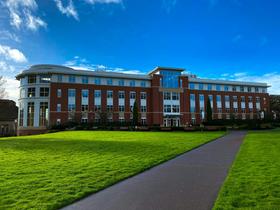College students in Michigan hoping for another option in four-year degrees will have to wait a little longer. A bill to allow community colleges in Michigan to offer a handful of bachelor’s degrees has stalled out for the moment, while legislators determine the constitutionality of the proposal. Despite the recent roadblock, many Michigan lawmakers and educators are optimistic they will soon have an affordable option to offer students who are hindered by the cost and location of four-year universities and colleges throughout the state.
Providing More Choices
According to an article at Central Michigan Life, a bill that would allow community colleges to offer select four-year degree programs passed through the State House last June. The bill then went to the Senate’s Committee on Education for review, where it is currently under discussion. The bill would allow for a handful of career-oriented degree programs to be offered at community colleges statewide, including programs in energy production, concrete technology, maritime technology, culinary arts, and nursing.
“Some of the degrees are not offered by any of the universities in the state,” Matt Miller, public relations director for Mid Michigan Community College, told Central Michigan Life. “Some of the community colleges do offer associate degrees in a couple of these areas, but in order to get their bachelor’s, they have to go someplace else, so it would be helpful to our students to have this option.”
Most of the areas of study included on


















